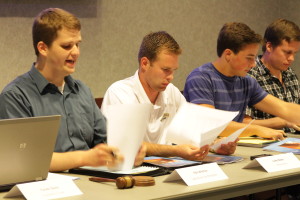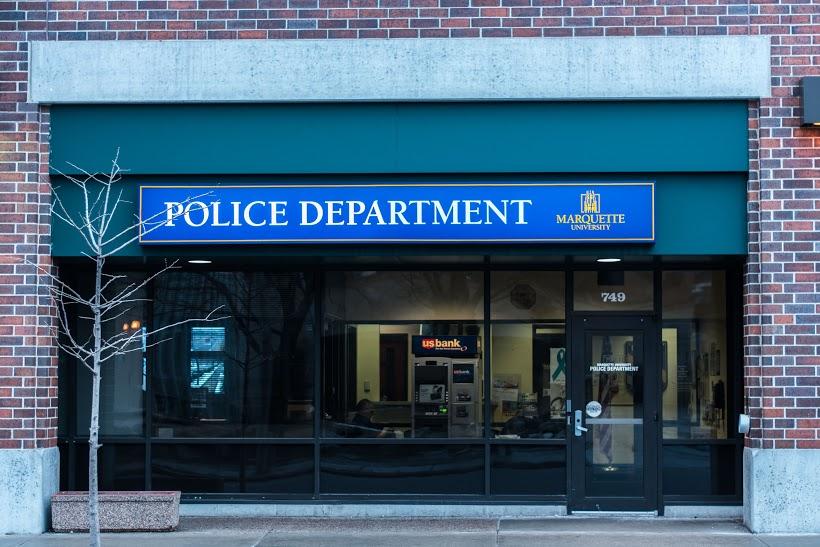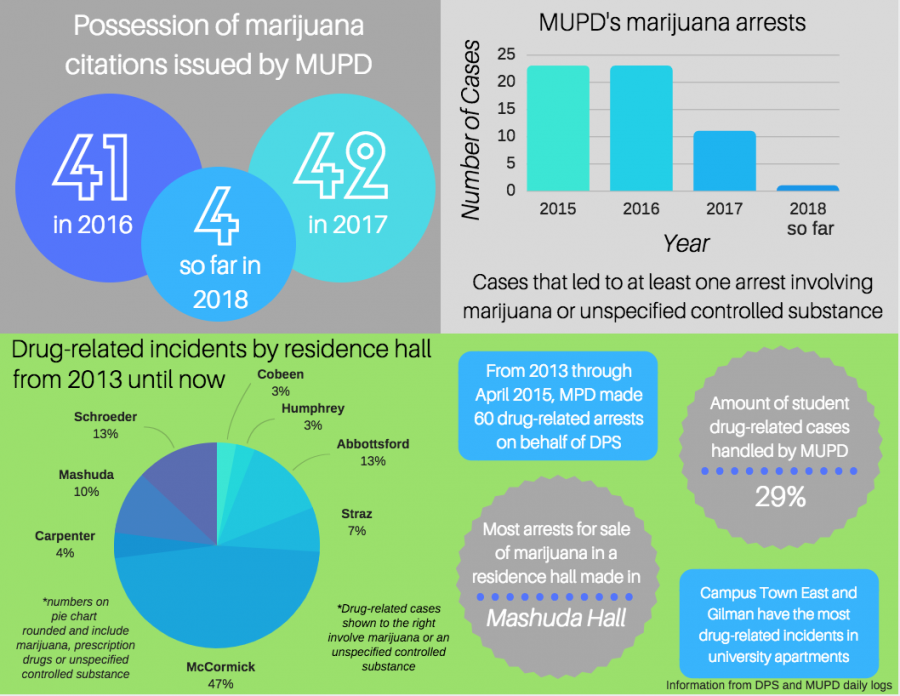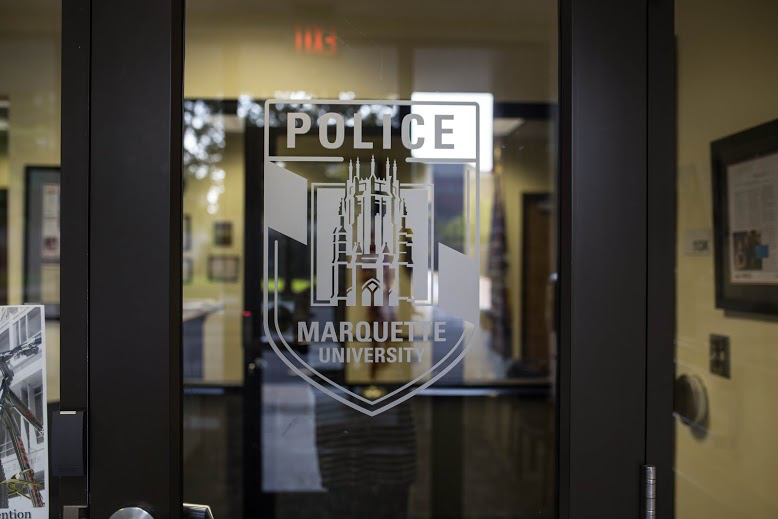
Following a Marquette Tribune article about sexual assaults, Lukas Baker, Marquette Student Government Off-Campus senator and senior in the College of Arts & Sciences, vowed to take immediate action to address the issue.
“Sexual assault cases I’m kind of passionate about because I’ve worked with the counseling center in the past,” Baker said. “I think it is something that needs to be addressed immediately.”
The Tribune reported in a story Tuesday that Marquette ranks third among Jesuit universities with 20 reported sexual assault cases from 2010-12, according to a report by the Federal Office of Post Secondary Education. It also reported the Department of Public Safety’s delayed reporting of two sexual assault allegations from 2010 and 2011 at the end of last month.
The article included comments from DPS interim associate chief Lt. Paul Mascari, who suggested the higher number of reported sexual assaults compared to other schools could be the result of increased utilization of university resources and an indicator people are comfortable coming forward.
Although the increase in reporting could mean something positive, Baker said he remains unsatisfied.
“The reports aren’t good enough,” Baker said. “I know in the report it said things are going down, but that’s not good enough for me. It needs to be zero, in my belief.”
Although Baker plans to reach out to university leaders and fellow senators, he just began to look into the issue and has not scheduled any meetings. However, Baker hopes to pass a resolution in the Senate soon to show the university and the student body that MUSG is tackling the issue.
Other members of the Marquette community who are working on the issue are prepared to work with student government leaders to address sexual violence on campus.
“Sexual violence is an epidemic across the country on college campuses and Marquette is not an exception,” said Susannah Bartlow, the director of the Gender and Sexuality Resource Center on campus. “That also means that we have an obligation to take it incredibly seriously.”
She also said 20 sexual assault reports in two years seems low, citing that one in five women and one in six men nationally will be victims of sexual violence. Bartlow echoed Mascari’s belief that a spike in reporting is a positive thing.
Bartlow said she never worked with MUSG on sexual violence as an issue, although she has worked with them on LGBTQ topics. If MUSG does approach her to discuss sexual violence, she has opinions about how the problem should be handled.
“My number one recommendation would be that if MUSG and student leadership are becoming interested in the issue then I would encourage them to work with the folks who are already doing that work,” Bartlow said. “The best practice is to find community-wide solutions because top down solutions don’t really work.”
Someone who is already doing that work is GSRC graduate assistant Kat Connor, a second year law student. She is working on a benchmarking report for the GSRC to look at how Marquette responds to sexual violence. She said education is the number one thing MUSG can do to help.
Another group working on sexual violence is the Marquette University Coalition Against Sexual Assault, or MU C.A.S.A. The group was founded by Daniela Castillo and Asia Jackson, both seniors in the College of Arts & Sciences, and seeks to provide an “all inclusive safe haven” to discuss rape culture and issues of sexual violence on campus. Castillo hopes that MUSG moves forward with the issue and is open and transparent with the student body.





